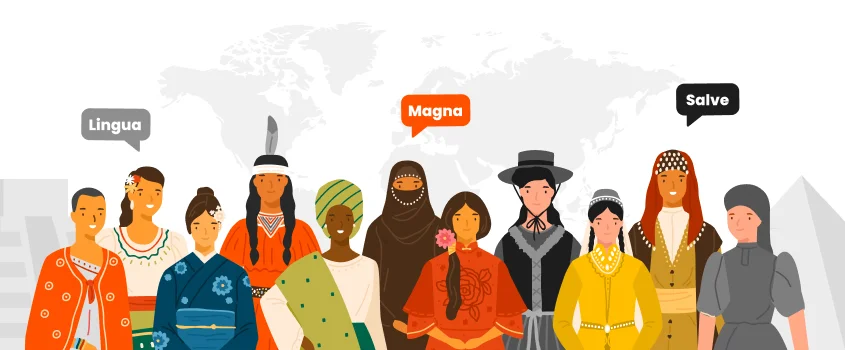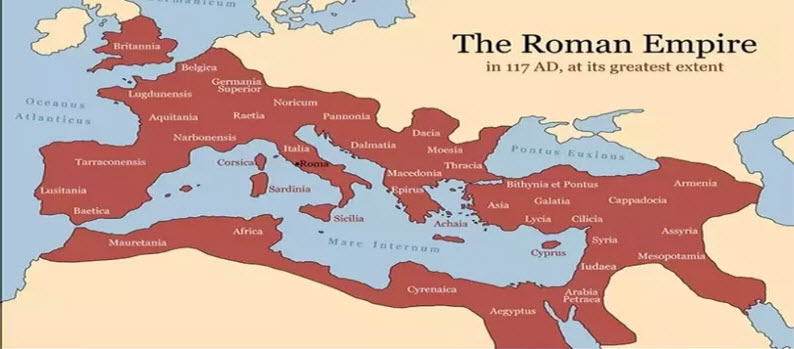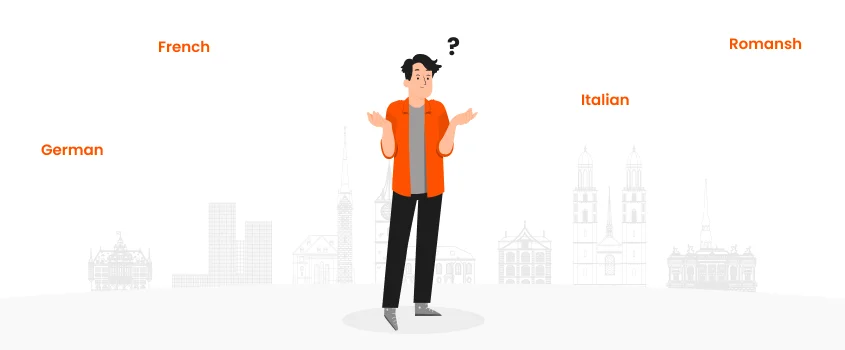Gilded in Words: How One Language forged the greatest civilization in history
By: Shahzad Bashir Posted on Tue, 17-07-2018

2025 Offer Request a Quote Today and Grab a $50 Coupon for Free!
By: Shahzad Bashir Posted on Tue, 17-07-2018

At Mars Translation, there is nothing more important to us than to gain more expertise on language and its dynamic role in paradigm-shifting events. Having worked with expert linguists, in this article, we would like to show you the cultural impact that a language can have and why language is so important even today.
Used for the first time during the reign of Augustus, the first Roman Emperor, Latin has most often been described as the official language of Roman Civilization. In the Epic Aeneid, Virgil accounts that during the founding of Rome, Jupiter told the Trojan Refugees to embrace Latini, the language of the locals living on the River Tiber’s banks. According to Virgil’s accounts, Jupiter saw this as a mode of unification between the natives and the newly arrived Trojans.
Jupiter Proclaimed to the wretched refuse of Troy:
"They will keep the speech (some) and more of their fathers ... and I will make them all Latin’s with one mode of expression" (Uno ore, literally "with one mouth")
After the Romans decimated the Etruscan’s who lived in modern-day Tuscany, Latin evolved more and became a more romantic language. After that, years went by and on the eve of Julius Caesars Murder on the Senate floor, the Roman Empire stretched from the Straits of Gibraltar to Phoenicia. At this time period. Latin was not the only language in the empire that was prominent. Greek culture had kept its linguistic integrity intact and Athens sphere of influence within the republic meant that Greek was a significant language.

After Caesars Stabbing, his heir Octavian won the Civil war that ensued, leading to a 300 year period known as Pax Romana (Roman Peace) which saw stability in the empire increase over time and saw the empire conquer Anatolia, Britannia, Egypt, The Levant, and Mesopotamia. During this time period, various dialects of Latin emerge. Emerging in:

On September 4, 476, the Western Roman Empire fell and was replaced with Vandal Kingdoms, Gothic Chiefdoms and other newly emerging kingdoms like the Frankish Empire. However, Latin survived through all of this and was still the Official language of the Catholic Church until the 11th century.
“The proliferation of different Latin-based languages can be attested to a modern society based on how these language changes led to the requirement for translations services and translators for commerce and trade. A Craft that mars translation is proud to expertise in even to this day”
Read: Most Spoken Languages in Europe
The languages that replaced Latin were all derived from Latin, meaning that many European countries were still a part of the Latin Language Family Known as the Romance language group. These Included:
Today, the legacy of the Romantic languages live on in most of the world, and the main conclusion of what began with King Augustus is how important it is for linguist experts to play a role in society. A role that Mars Translation is Proud to provide.
In Conclusion, I would like to mirror the words of Jean Jacques Rousseau:
“Just like Mozart and Beethoven, Latin didn’t die, it simply became Music”

The number of worldwide Internet users already exceeded 3 billion people in January 2015, according to Satista dot com. And
Read more
A marriage certificate is a legal document that joins two people who want to live with each other, for the
Read more
A death certificate is a very essential document issued by a doctor, which certifies that the person is deceased. This
Read more
Romania is officially known as the Republic of Romania. It is located at the junction of Central-Eastern and South-Eastern Europe.
Read more
Switzerland is a landlocked country with a very interesting history. The culture and languages spoken in Switzerland are highly influenced
Read more
Many people really do not know what divorce is exactly. Divorce is the legal process of separating couples who have
Read more
If you have planned to drive for the first time, you will have to start with a learner’s permit. There
Read more
Bill of exchange is a way to communicate with others for resolving issues legally. It is a systematic way of
Read more
Making a will gives you an opportunity to declare the names of one or more persons; you want to manage
Read more

